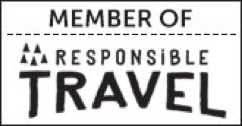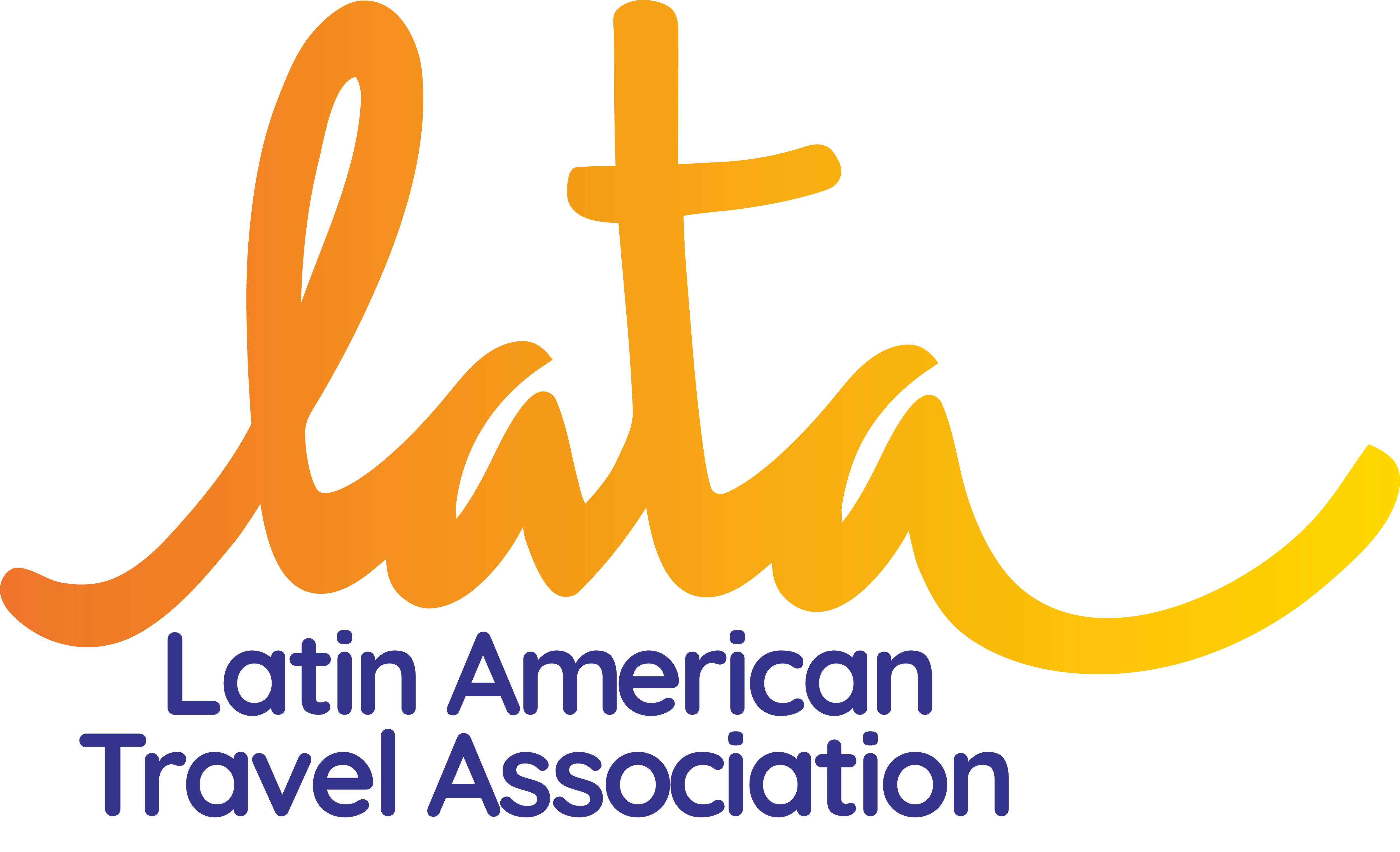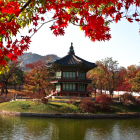Country Facts
Capital
Seoul
Size
100,363 km2 (38,750 sq mi)
Time Zone
GMT+8
Population
115,844,000
Currency
Philippine peso
South Korea Tourism
South Korea is a captivating destination where ancient traditions harmoniously coexist with cutting-edge technology and contemporary culture. From the bustling streets of Seoul, brimming with K-pop energy and neon-lit skyscrapers, to the serene temples and hanok villages that echo its rich history, the country offers a journey of contrasts.
Visitors can explore UNESCO World Heritage Sites like Gyeongju’s historic areas or the volcanic wonders of Jeju Island. Nature enthusiasts will find solace in the tranquil landscapes of Seoraksan National Park and the coastal beauty of Busan. Food lovers can indulge in iconic Korean dishes, from sizzling bulgogi to the vibrant flavours of kimchi.
South Korea also charms with its cultural festivals, traditional tea ceremonies, and the global allure of its film and television industry. Whether enjoying the cherry blossoms of spring, the fiery foliage of autumn, or the snowy allure of winter, South Korea offers an unforgettable experience year-round.
Reasons to visit South Korea:
Preparing For A Trip To South Korea?
Visa Information / Entry requirements to South Korea
This information is for people travelling on a full ‘British citizen’ passport from the UK. It is based on the UK government’s understanding of South Korea’s current rules for the most common types of travel.
The authorities in South Korea set and enforce entry rules. If you’re not sure how these requirements apply to you, contact the South Korean Embassy in the UK.
COVID-19 rules
There are no COVID-19 testing or vaccination requirements for travellers entering South Korea.
Passport validity requirements
To enter South Korea as a tourist for up to 90 days, your passport must have an ‘expiry date’ after the date you are leaving South Korea.
To enter South Korea on a long-term visa, your passport should have an ‘expiry date’ at least 6 months after the date you arrive.
Check with your travel provider that your passport and other travel documents meet requirements. Renew your passport if you need to.
You will be denied entry if you do not have a valid travel document or try to use a passport that has been reported lost or stolen.
Visa requirements
You can enter South Korea for up to 90 days for short-term business or tourism. You must have an onward or return ticket. It’s illegal to be employed in South Korea while visiting visa-free, whether as a teacher or in any other capacity.
South Korea operates an electronic travel authorisation system called K-ETA. Anyone eligible for visa-free entry to South Korea is usually required to get K-ETA approval before departure. However, British nationals travelling visa-free to South Korea are temporarily exempt from requiring a K-ETA until December 31, 2024. Further information about the K-ETA exemption can be found on the K-ETA notice board.
If you need to apply for a K-ETA, you should ensure that you apply through the Korean government’s official K-ETA website. Other sites offering K-ETA application services are generally scams. It can take up to 72 hours for K-ETA approval to be granted.
If you are travelling for any purpose other than short-term business or tourism, check visa requirements with the South Korean Embassy in the UK.
For those in South Korea on a work visa, all employment changes must be authorised by Korean Immigration.
Show More
Tourism Health Information – South Korea
Before you travel check that:
- your destination can provide the healthcare you may need
- you have appropriate travel insurance for local treatment or unexpected medical evacuation
This is particularly important if you have a health condition or are pregnant.
Emergency medical number
Call 119 and ask for an ambulance.
Contact your insurance company quickly if you’re referred to a medical facility for treatment.
Vaccine recommendations and health risks
At least 8 weeks before your trip:
- check the latest vaccine recommendations for South Korea
- see where to get vaccines and whether you have to pay on the NHS travel vaccinations page
See what health risks you’ll face in South Korea, including tick bites and tick-borne encephalitis. Read more about avoiding tick and insect bites on TravelHealthPro.
Air pollution, including yellow dust pollution, is common, especially during spring months. Follow local media reporting and check the Korean Meteorological Administration website. On days when concentrations are high, most residents will stay indoors or use face masks outside. It’s also important to drink plenty of water.
Medication
The legal status and regulation of some medicines prescribed or bought in the UK can be different in other countries.
South Korean customs authorities allow you to bring small amounts of medication for your personal use, if it is kept in carry-on baggage. Take an English language prescription from your doctor at home for both your prescription drugs and non-prescription medicines. Consult the website of the South Korean Ministry of Food and Drug Safety before you travel to South Korea.
Read best practice when travelling with medicines on TravelHealthPro.
Healthcare in South Korea
Medical and dental care in South Korea is usually of a good standard, but can be expensive. Staff may not speak English. Make sure you have adequate travel health insurance and accessible funds to cover the cost of any medical treatment abroad and repatriation.
If you need to stay in a South Korean hospital, particularly if your condition is severe, the hospital may ask you to bring a guardian or ‘bohoja’ to assist you with basic care needs such as trips to the bathroom, washing and exercise. It is possible to find agencies who will provide a caregiver or ‘ganbyungin’ for a fee, but these caregivers generally do not speak English. If you know that you may need to enter a Korean hospital, you should try to organise a guardian such as a friend or relative in advance.
FCDO has a list of medical providers in South Korea where some staff will speak English.
There is also guidance on healthcare if you’re living in South Korea.
Show More
Weather & When To Go To South Korea
South Korea experiences four distinct seasons, each offering a unique charm and opportunities for exploration. Here’s a breakdown of the weather and the best times to visit:
-
Spring (March to May)
- Weather: Mild and pleasant with temperatures ranging from 5°C to 20°C (41°F to 68°F).
Highlights:
– Cherry blossoms and colourful flowers bloom across the country, making it a picturesque time to visit.
– Festivals like the Jinhae Cherry Blossom Festival and the Yeouido Spring Flower Festival are popular.
Best For: Nature lovers, photographers, and festival enthusiasts.
-
Summer (June to August)
Weather: Hot and humid, with temperatures between 25°C and 30°C (77°F to 86°F). Monsoon rains occur in late June and July.
Highlights:
– Enjoy the beaches of Jeju Island and Busan, perfect for water sports and relaxation.
– Experience vibrant summer festivals, such as the Boryeong Mud Festival.
Best For: Beachgoers and adventure seekers.
-
Autumn (September to November)
Weather: Crisp and cool with temperatures ranging from 10°C to 25°C (50°F to 77°F). Clear skies and low humidity make it ideal for outdoor activities.
Highlights:
Stunning autumn foliage transforms national parks like Seoraksan and Naejangsan into vibrant hues of red and gold.
Harvest festivals and traditional events provide a cultural immersion.
Best For: Hikers, nature enthusiasts, and cultural travellers.
-
Winter (December to February)
Weather: Cold and dry, with temperatures often dropping below 0°C (32°F). Snowfall is common in mountainous regions.
Highlights:
– Ski resorts such as Yongpyong and Alpensia offer world-class facilities for skiing and snowboarding.
– Celebrate winter festivals like the Hwacheon Ice Festival.
Best For: Winter sports enthusiasts and those seeking a magical snowy landscape.
When to Visit
Best Overall: Spring and autumn are the most popular times to visit, thanks to their mild weather and scenic beauty.
Special Interests: Summer for beaches and festivals; winter for skiing and snow-based activities.
Plan your trip based on the season that best suits your interests, and discover South Korea’s unique offerings year-round!
Read More On Visas
Tailor-Made Holidays
At Earth Trip we will design and plan your personalised itinerary according to the exact requirements of your trip. Whether you prefer to be on a mountaintop or under a waterfall; wake up in the middle of a jungle or have a picnic with locals in the tea plantations – we select the accommodation and activities in order to suit not only your preferences, but also your budget.
Discover Tailor-Made Holidays










 About
About